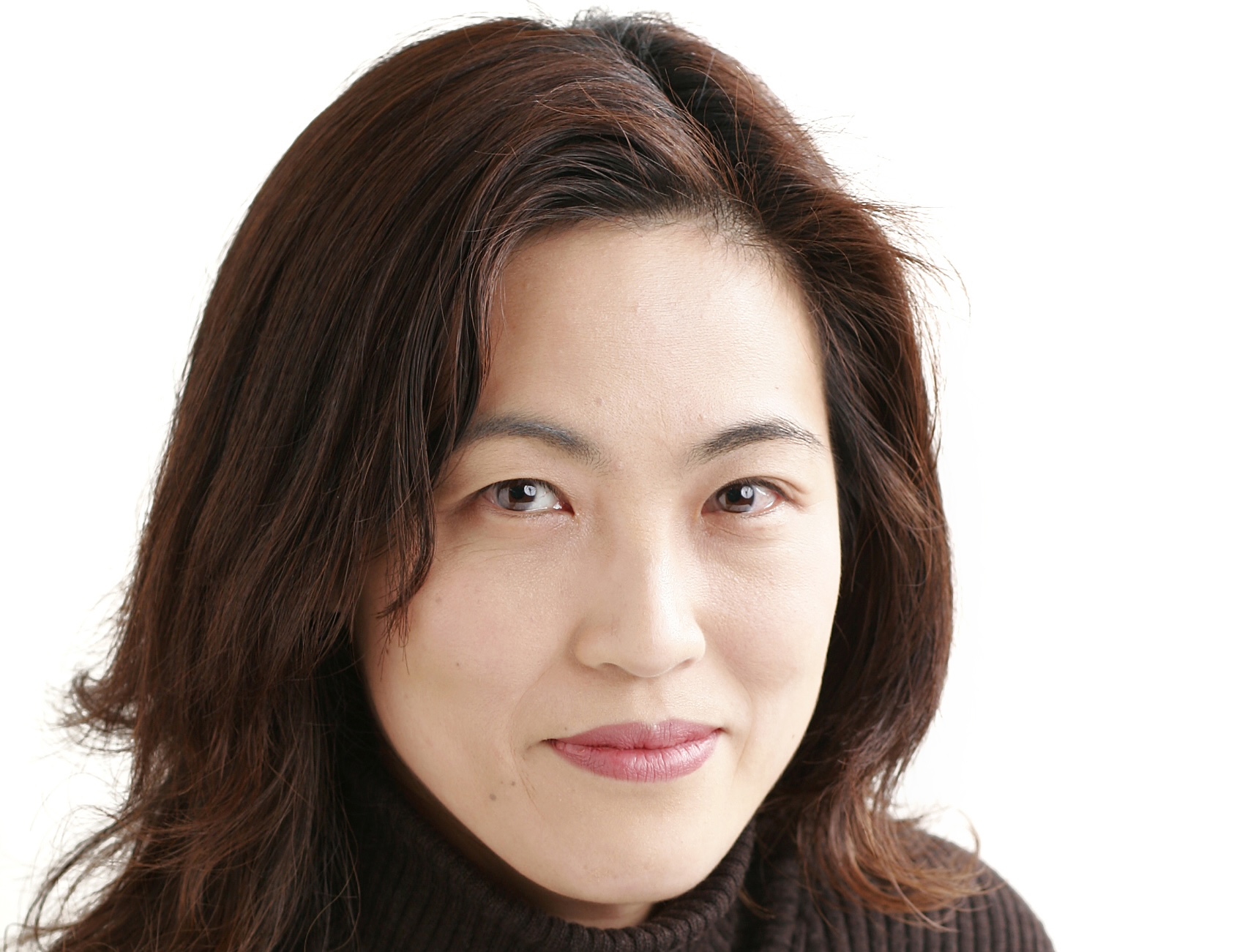
Automotive journalist and engineer Yumi Kawabata has joined the all-female judging panel for the Women’s Worldwide Car of the Year (WWCOTY) awards, further strengthening the international competition’s presence in Asia.
Her appointment brings the total number of jurors to 81, representing 55 countries.
Kawabata has a master’s degree in engineering from Gunma National University, with a career spanning journalism, consultancy, and Government advisory roles.
She has served as an expert committee member across several Japanese Government departments, including the Cabinet Office and the Ministry of Land, Infrastructure, Transport and Tourism.
A regular commentator on Japanese television and online platforms, she specialises in automotive technology and environmental issues.
As well as writing for a range of automotive and business publications, Kawabata has authored several books, including ‘Can Japanese Cars Survive?’ published by Kodansha.
Her expertise spans from energy and environmental policy to everyday sustainable living, reinforcing her position as a leading voice in the Japanese mobility sector.
The WWCOTY said Kawabata’s presence would bolster the award’s recognition in Asia, where it is already influential in countries including China, India, Vietnam, and the Philippines.
Japan remains a key player in the global automotive market, with more than 4.4 million new vehicles registered in 2024. Kei cars continue to be a vital part of the market, particularly in areas with limited public transport, while hybrid vehicles accounted for more than two million sales.
Although electric vehicle adoption is still growing, Japan continues to lead in hydrogen fuel cell technology development.
WWCOTY was founded in 2009 by New Zealand motoring journalist Sandy Myhre and is now led by executive president Marta García.
The awards aim to highlight the best vehicles each year based on practical criteria such as safety, quality, design, value and environmental impact, rather than gender-specific considerations.
The group’s broader mission is to promote greater representation for women in the automotive sector and support global access to mobility as a path to independence and opportunity.
